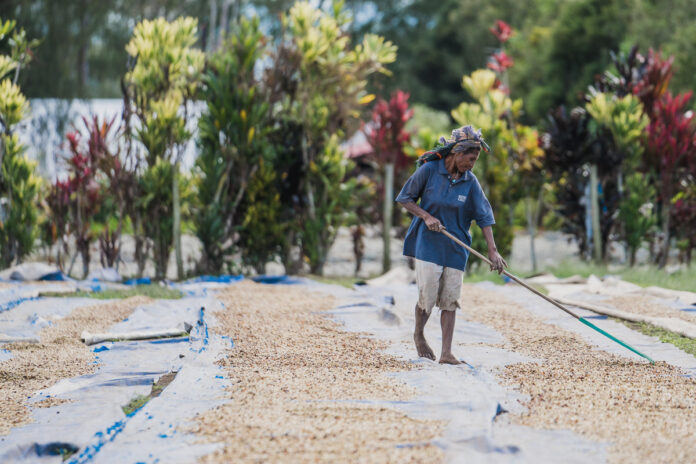Coffee production in Papua New Guinea (PNG) has been on a decline in the last 10 years, a study has shown.
A research conducted by the PNG National Research Institute (PNG NRI) from 1998 to 2018 has reported that the coffee harvest area and the quantatiy of coffee produced has decreased by 33 percent and 28 percent respectively.
The decline was a result of farmers having inadequate facilities for processing coffee, inadequate extension services and limited access to finance.
PNG NRI Deputy Director for Research Prof Euegene Ezebilo and Federal University of Agriculture Abeokuta’s Prof. Carolyn Afolami has however, proposed strategies that can address these challenges.
One of these strategies is the fact that PNG has suitable environmental and climatic conditions for growing high quality coffee.
In their research titled Strategies for improving coffee production and processing in PNG: Lessions from the top five coffee-producing countries, they concluded that ‘political will’ on the part of the government is crucial in taking the coffee industry to the next level.
This can be done through promoting effective extension of services and training coffee growers on morden systems and innovations in producing coffee; providing funds for research and farm management practices; and to support farmers through loans facility at low interest rates.
Policy makers, planners and agricultural managers are urged to take heed of the findings to make informed decisions on boosting the yield and quality of this commodity.

